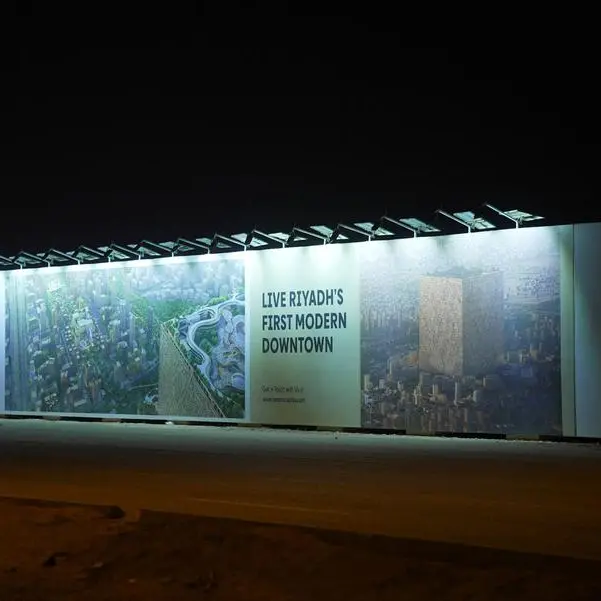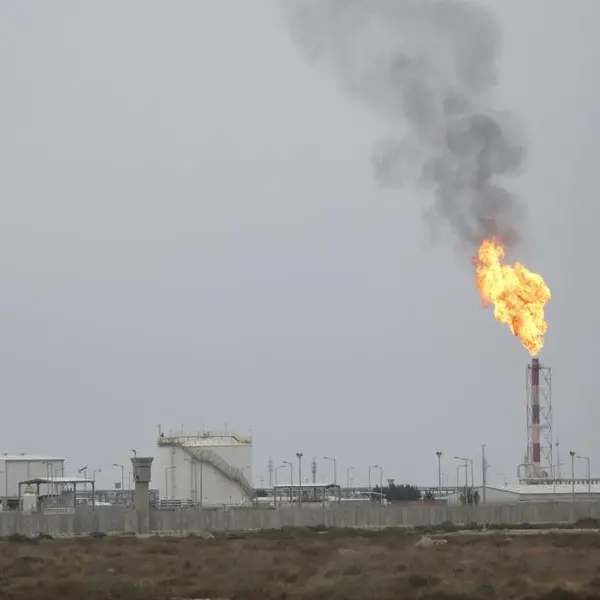Tobacco manufacturing and re-manufacturing is set to be allowed in Bahrain following an agreement between the government and MPs.
However, Parliament’s services committee has rejected plans for tobacco cultivation after a meeting yesterday with Industry, Commerce and Tourism Minister Zayed Alzayani.
It has also voted to disallow the import, production and distribution of e-cigarettes and e-sheesha.
Should the move for manufacturing and re-manufacturing get approved by Parliament and the Shura Council a $200m to $300m factory that would employ 400 people is set to start operations in Bahrain.
The packaging factory is the biggest investment project, amongst several others, waiting for the go-ahead.
Committee vice-chairwoman Dr Sawsan Kamal said three amendments were presented to the 2009 Anti-Smoking Law by the government, but only one related to manufacturing and re-manufacturing of natural tobacco has been approved.
“We have approved the manufacturing and re-manufacturing move because it would open up the door for strong investments with a huge $200m to $300m factory offering 400 jobs topping the list.”
Committee member Mamdooh Al Saleh said the new factories would follow strict rules to open with the Cabinet’s approval being a must.
“Tobacco cultivation has been banned under a clear clause in the law, while allowing import, production and distribution of e-cigarettes and e-sheesha has been prohibited with existing vape shops allowed to continue operating under existing commerce rules.”
MPs and the government have been at loggerheads over the legislation for around 18 months.
In December 2019, Parliament asked for a study on the pros and cons of allowing tobacco cultivation in the country.
However, the GDN reported in July last year that the services committee was not impressed with the findings, insisting on full details of the proposals, such as the location and size of plantation fields, and the production capacity.
The ministers of Health, Industry, Commerce and Tourism and Works, Municipalities Affairs and Urban Planning have stated earlier that amendments to the 2009 Anti-Smoking Law would have positive effects with the products mainly directed towards international markets.
Bahrain’s Cabinet and the Legislation and Legal Opinion Commission earlier expressed their support, which could pave the way for the creation of tobacco plantations and production.
However, the move has been criticised by health bodies, including the Bahrain Medical Society and Bahrain Anti-Smoking Society, fearing it could encourage smoking.
mohammed@gdn.com.bh
© Copyright 2020 www.gdnonline.com
(Image: gdnimages/20210311\2021031101050220210118_234140_0.jpg)
TOBACCO manufacturing and re-manufacturing is set to be allowed in Bahrain following an agreement between the government and MPs.
However, Parliament’s services committee has rejected plans for tobacco cultivation after a meeting yesterday with Industry, Commerce and Tourism Minister Zayed Alzayani.
It has also voted to disallow the import, production and distribution of e-cigarettes and e-sheesha.
Should the move for manufacturing and re-manufacturing get approved by Parliament and the Shura Council a $200m to $300m factory that would employ 400 people is set to start operations in Bahrain.
The packaging factory is the biggest investment project, amongst several others, waiting for the go-ahead.
Committee vice-chairwoman Dr Sawsan Kamal said three amendments were presented to the 2009 Anti-Smoking Law by the government, but only one related to manufacturing and re-manufacturing of natural tobacco has been approved.
“We have approved the manufacturing and re-manufacturing move because it would open up the door for strong investments with a huge $200m to $300m factory offering 400 jobs topping the list.”
Committee member Mamdooh Al Saleh said the new factories would follow strict rules to open with the Cabinet’s approval being a must.
“Tobacco cultivation has been banned under a clear clause in the law, while allowing import, production and distribution of e-cigarettes and e-sheesha has been prohibited with existing vape shops allowed to continue operating under existing commerce rules.”
MPs and the government have been at loggerheads over the legislation for around 18 months.
In December 2019, Parliament asked for a study on the pros and cons of allowing tobacco cultivation in the country.
However, the GDN reported in July last year that the services committee was not impressed with the findings, insisting on full details of the proposals, such as the location and size of plantation fields, and the production capacity.
The ministers of Health, Industry, Commerce and Tourism and Works, Municipalities Affairs and Urban Planning have stated earlier that amendments to the 2009 Anti-Smoking Law would have positive effects with the products mainly directed towards international markets.
Bahrain’s Cabinet and the Legislation and Legal Opinion Commission earlier expressed their support, which could pave the way for the creation of tobacco plantations and production.
However, the move has been criticised by health bodies, including the Bahrain Medical Society and Bahrain Anti-Smoking Society, fearing it could encourage smoking.
mohammed@gdn.com.bh
© Copyright 2020 www.gdnonline.com
Copyright 2021 Al Hilal Publishing and Marketing Group Provided by SyndiGate Media Inc. (Syndigate.info).




















